One of the main challenges to the growth of small and medium-sized businesses and junior mining exploration is access to equity finance. To assist these sectors in obtaining equity finance, the government has implemented a tax incentive for investors in these enterprises through a Venture Capital Company (VCC) regime. VCCs serve as a marketing vehicle aimed at attracting retail investors.
Who Qualifies as an Investor?
Any taxpayer qualifies to invest in an approved VCC. Investors can claim income tax deductions for the expenditure actually incurred to acquire shares in approved VCCs. From 21 July 2019, investments made by natural persons and trusts are capped at R2.5 million, while companies face a cap of R5 million per tax year.
The VCC regime enables small investors to come together and concentrate investment expertise in favor of the small business sector. There are no special tax benefits for the VCC itself; only standard tax rules will apply.
Important Notes:
- No deduction will be allowed if, at the end of any year of assessment, after 36 months from the first date of issuing venture capital shares, the taxpayer is a connected person to the VCC.
- No deduction will be allowed if the taxpayer holds more than 20% of the VCC shares at the end of any year of assessment.
- If a taxpayer disposes of the venture capital shares, the deduction is recouped if the shares are held for less than five years, under the general recoupment rules of Section 8(4) of the Act.
- General income tax and Capital Gains Tax (CGT) rules apply to VCC shares.
Who Qualifies as an Investee?
To qualify as an investee, the company must meet the following criteria:
- Residency: The investee must be a resident company and must not be a controlled group company.
- Listing Status: The investee must be an unlisted company or a junior mining company (a junior mining company may be listed on the Alternative Exchange Division (AltX) of the JSE Limited).
- Investment Income Limit: During any year of assessment ending after the expiry of 36 months from the date on which the company issued any share to a venture capital company, the sum of the “Investment Income,” as defined in Section 12E (4)(c), derived by that company must not exceed 20% of the gross income of that company for that year.
- Trading Restrictions: No more than 50% of the aggregate amount received by or accrued to that company from trade can be derived, directly or indirectly, from:
- A person who holds a share in that venture capital company.
- A connected person in relation to a person who holds a share in that venture capital company.
- Participation Rights: No person who holds a share in a venture capital company to which that company has issued any share holds, directly or indirectly, and whether alone or together with any connected person, more than 50% of the participation rights or voting rights in that company.
- Trade Restrictions: The company must not carry on any trade related to a venture, business, or undertaking acquired from:
- A person who holds a share in a venture capital company.
- A connected person in relation to a person who holds a share in that venture capital company.
Impermissible Trades
The company must not engage in the following impermissible trades:
- Any trade related to immovable property, except for trade as a hotel keeper (including bed and breakfast establishments).
- Financial service activities such as banking, insurance, moneylending, and hire-purchase financing.
- Provision of financial or advisory services, including legal, tax advisory, stock broking, management consulting, auditing, or accounting.
- Operating casinos or gambling-related activities.
- Manufacturing, buying, or selling liquor, tobacco products, or arms or ammunition.
- Any trade primarily conducted outside the Republic.
Preliminary Requirements to Qualify for Approved VCC Status
A company must meet the following preliminary requirements to qualify for approved VCC status for each year of assessment:
- The company must be a resident.
- The sole object of the company must be the management of investments in qualifying companies.
- The company’s tax affairs must be in order.
- The company must be licensed under Section 8(5) of the Financial Advisory and Intermediary Services Act, 2002.
Additional Requirements After SARS Approval
After SARS has approved the VCC, the company must satisfy the following requirements by the end of each year of assessment after 48 months from the first date of issuing venture capital shares:
- A minimum of 80% of the expenditure incurred by the VCC to acquire assets must be for qualifying shares.
- Each investee company must, immediately after issuing the qualifying shares, hold assets with a book value not exceeding:
- R500 million in any junior mining company.
- R50 million in any other qualifying company.
- The expenditure incurred by the VCC to acquire qualifying shares in any one qualifying company must not exceed 20% of any amounts received in respect of issuing venture capital shares.
Withdrawal of VCC Status
If the approved VCC does not take acceptable corrective steps to rectify non-compliance within the period specified in the written notice from the SARS office, the approved VCC status will be withdrawn from:
- The commencement of that year of assessment if the VCC does not meet the preliminary approval requirements.
- The date of approval of the VCC status if the approved VCC does not take acceptable corrective steps regarding connected person requirements within the specified period.
Once the approved VCC status is withdrawn by the Commissioner, an amount equal to 125% of the aggregate amount contributed by the investor(s) in exchange for venture capital shares must be included in the VCC income for the year of assessment in which such approval has been withdrawn.





